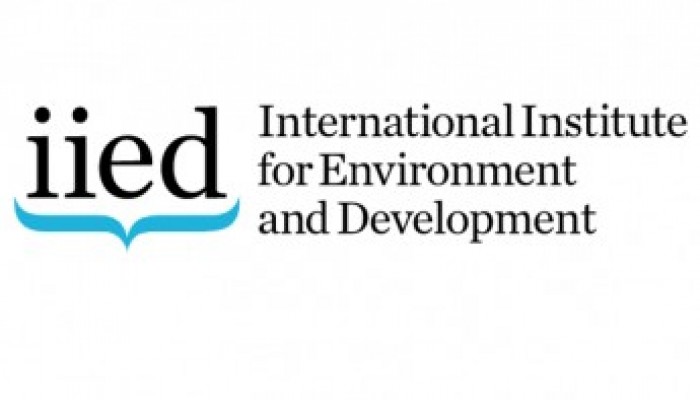
Apr
Basoga Nseete Students Association Prepares for Vibrant Handover Ceremony with Diverse Cultural Showcase
April 25, 2024, 4:58 pm
 Collins Kakwezi
Collins Kakwezi

KIU, Western Campus - Experts from the International Institute for Environment and Development (IIED) have proposed a new form of debt swaps in order to address poverty and the impact of climate change and biodiversity loss in developing countries, according to a new report.
The IIED report, titled “Tackling the triple crisis: using debt swaps to address debt, climate and nature loss post-COVID-19” shows that using large-scale debt swaps as part of post-COVID recovery measures would help address these pressures.
According to a press release from IIED, by exchanging an existing debt contract for one that writes off debt or reduces the debt's original value, the money saved would be used to invest in poverty-reducing climate resilience programmes, climate emissions mitigation or biodiversity protection initiatives.
What is a debt swap?
According to the Oxford Dictionary, a debt swap is an arrangement whereby a foreign debt owed by a developing country is transferred to a particular organization, typically in return for the country's committing itself to specified conservation measures.
This means that if a developed country, for example, transferred a debt Uganda owed to environmental conservation efforts, the money that would be meant to pay the debt would be channelled to conservation efforts like protecting wetlands and forest reserves, efforts to mitigate the effects of pollution, cleaning freshwater bodies such as Lake Victoria and tree planting.
In the long run, this would help mitigate the effects of climate change, pollution and global warming.
Kampala International University,
Box 20000, Ggaba Road, Kansanga, Kampala